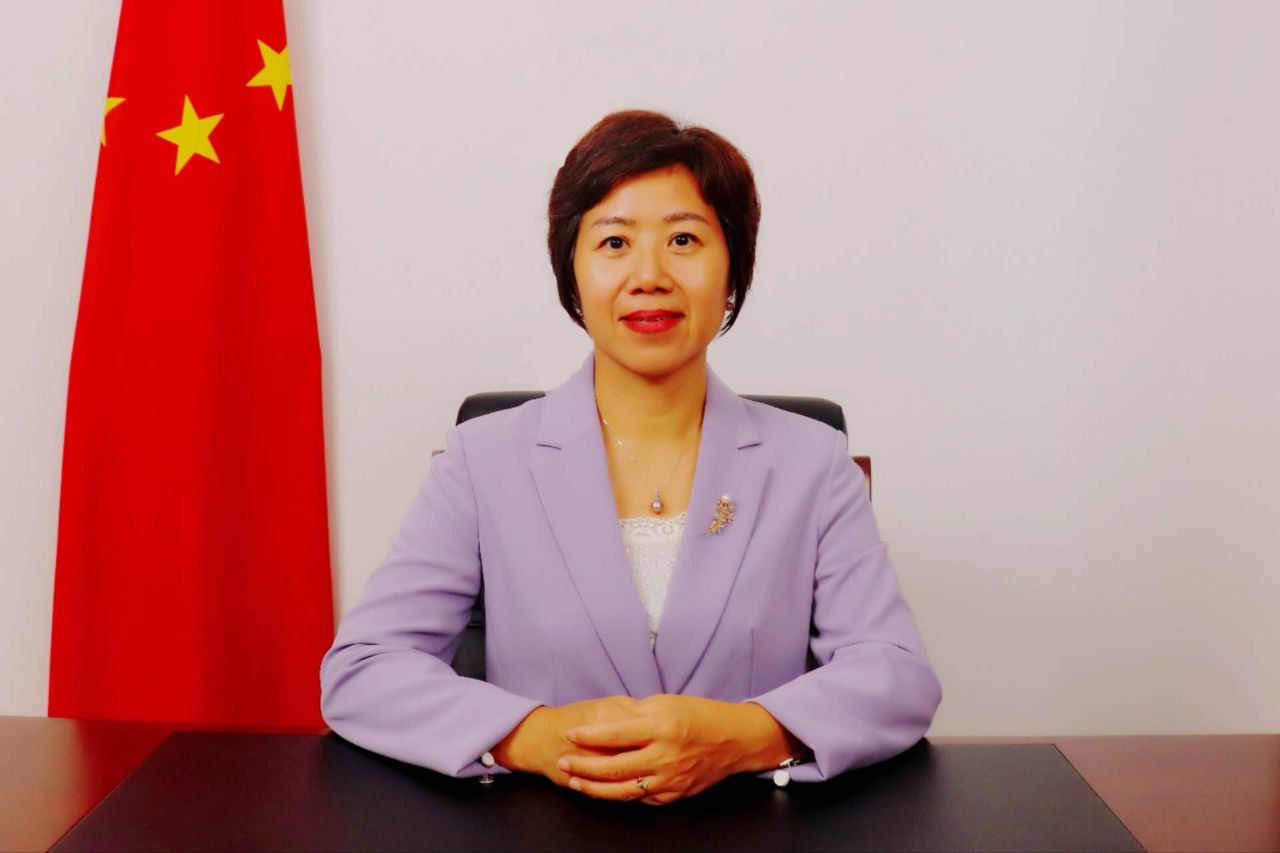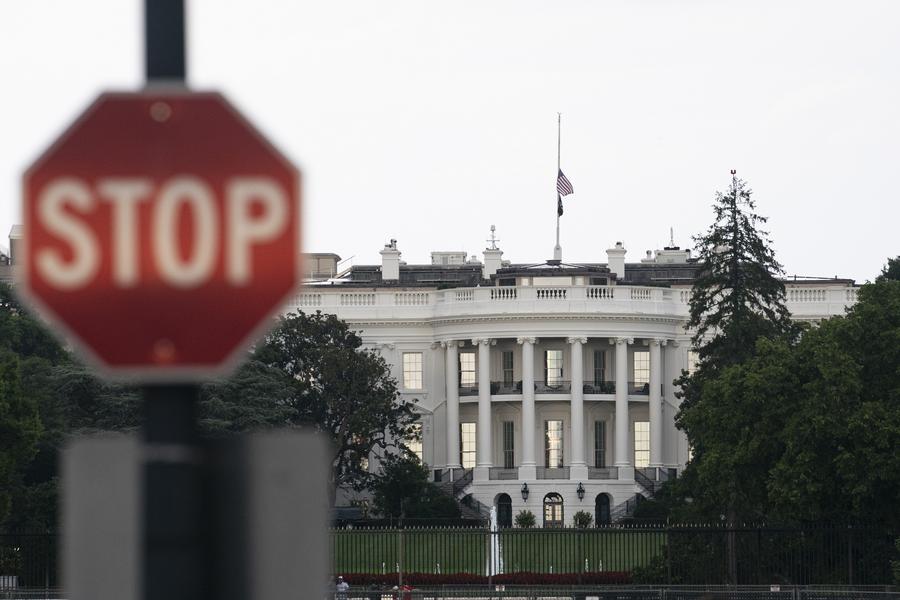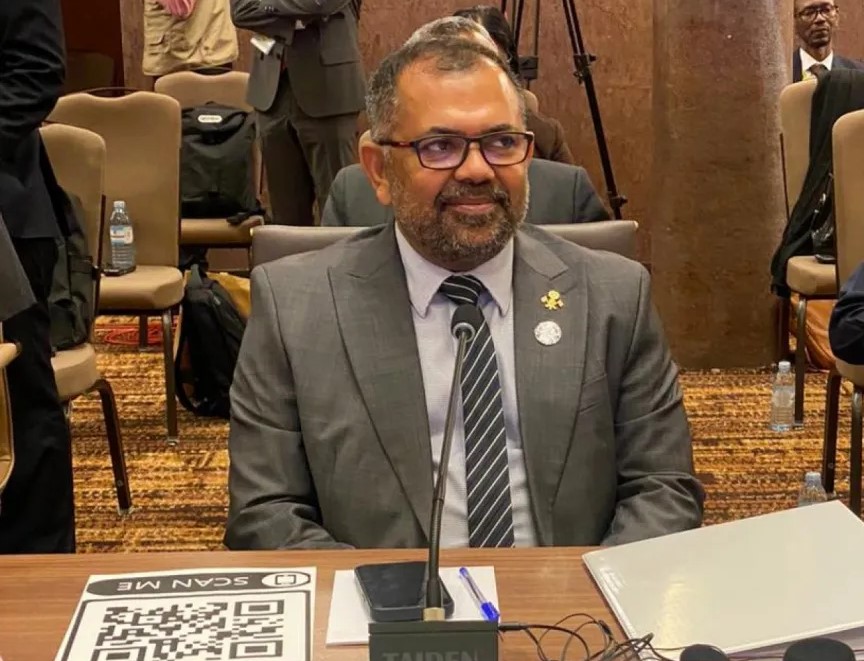By H.E. Wang Lixin, Chinese Ambassador to the Maldives.
In today’s world, multiple challenges and crises are intertwined. The global economic recovery remains sluggish, the development gap keeps widening, the ecological environment is deteriorating, and the cold war mentality is lingering. Once again, the international community has reached a historical crossroads. Confronted with the questions of the world, the history and the era, President Xi Jinping put forward the Global Civilization Initiative last March after presenting the Global Development Initiative and the Global Security Initiative. Through these initiatives, China has made its own devotion to the international community to cope with the common challenges and helped build strong support for the promotion of the community with a shared future for mankind.
Since then, the Global Civilization Initiative has drawn extensive warm response from the international community which highly appreciates the great leadership and strategic vision of President Xi Jinping as the leader of a major country and believes that it is another public goods of great significance provided by China to the international community, bringing hope to the world fraught with crises and challenges.
The core concepts of the Global Civilization Initiative are to advocate the respect for the diversity of civilizations, advocate the common values of humanity, advocate the importance of inheritance and innovation of civilizations, and advocate robust international people-to-people exchanges and cooperation.
The Global Civilization Initiative advocates that countries need to uphold the principles of equality, mutual learning, dialogue and inclusiveness among civilizations, and let cultural exchanges transcend estrangement, mutual learning transcend clashes, and coexistence transcend feelings of superiority. This reflects China’s outlook on civilization in working with other countries to promote the concept that each country has its own beauty and beauties of all countries should be cherished and respected by all.
As a Chinese saying goes, “Without achieving the good of one hundred various schools, the uniqueness of one individual cannot be achieved.” Since ancient times, people of all countries have created unique and colorful cultures through their hard work. We should draw wisdom and nourishment from various civilizations and provide spiritual support and psychological consolation for the people, so as to overcome the challenges facing mankind by joint efforts.
The Global Civilization Initiative maintains that peace, development, equity, justice, democracy and freedom are the common aspiration of all peoples. Countries need to keep an open mind in appreciating the perceptions of values by different civilizations, and refrain from imposing their own values or models on others and from stoking ideological confrontation. This shows China’s clear vision and strong determination to build a community with a shared future for mankind. Pride and prejudice are two biggest obstacles to exchanges and mutual learning among civilizations. In today’s world, all countries are closely connected and we share a common future. Conflicts can only erode achievements of human society’s development. Seeking common ground while reserving differences is the sustainable path towards world progress.
The Global Civilization Initiative calls for countries to fully harness the relevance of their histories and cultures to the present times, and push for creative transformation and innovative development of their fine traditional cultures. This shows China’s attitude to take the responsibilities as a major country to promote the progress of human civilization. With a history of 5000 years, China understands well that the historical heritage and its creative development are of vital importance to the future of a country. The secret of the continuous and flourishing development of civilization is to draw traditional wisdom, endow it with connotation of the current era and develop it creatively in practice.
The Global Civilization Initiative is aimed to explore the building of a global network for inter-civilization dialogue and cooperation, enrich the contents of exchanges and expand avenues of cooperation to promote mutual understanding and friendship among people of all countries and jointly advance the progress of human civilizations. This reflects China’s pragmatic action and open mind to share its development fruits with all people in the world. Friendship, which derives from close contacts between the people, holds the key to sound state-to-state relations. People-to-people and cultural exchanges have always been an important bridge for mutual understanding and communication between countries and peoples. Greater exchanges and mutual learning among civilizations can further enrich the colors of various civilizations and the cultural life of people, and open up even greater alternatives in the future.
As friendly neighbors in Asia, both China and the Maldives belong to the centuries-old and brilliant Asian civilization. The exchanges between the two civilizations date back to ancient times. As early as over 600 years ago, Zheng He, the great Chinese navigator, led merchant ships to visit the Maldives twice, which spread the Chinese civilization, enhanced the mutual understanding and friendship between the two peoples and initiated the history of exchanges and integration of our two civilizations, which has become an important part of the ancient Silk Road. Today, the Silk Road Spirit, featuring peace and cooperation, openness and inclusiveness, mutual learning, mutual benefits and win-win results, still illuminates the road ahead for China-Maldives relations and provides rich nourishment to the friendship between the two countries and two peoples from generation to generation. It has become an inexhaustible driving force for us to create a better future.
Civilization is colorful because of communication, and civilization is diversified because of mutual learning. China is willing to work with the Maldives to take the opportunity of promoting the Global Civilization Initiative and take it as a driving force of carrying forward the spirit of the Silk Road to jointly create a bright future for the modernization of our two countries, so as to write a brilliant chapter of China-Maldives future-oriented all-round friendly and cooperative partnership.

 News5 days ago
News5 days ago
 World6 days ago
World6 days ago
 News2 days ago
News2 days ago
 World6 days ago
World6 days ago
 Travel & Culture4 days ago
Travel & Culture4 days ago
 Sports3 days ago
Sports3 days ago
 News4 days ago
News4 days ago
 Travel & Culture3 days ago
Travel & Culture3 days ago
























